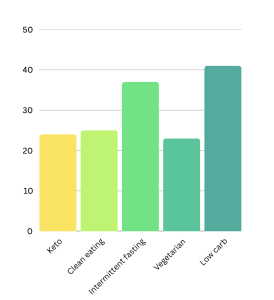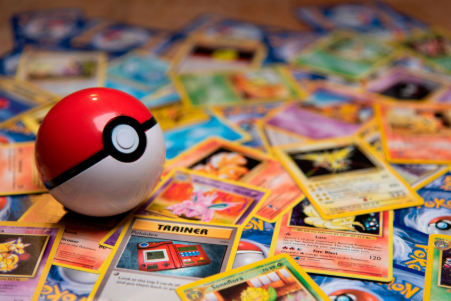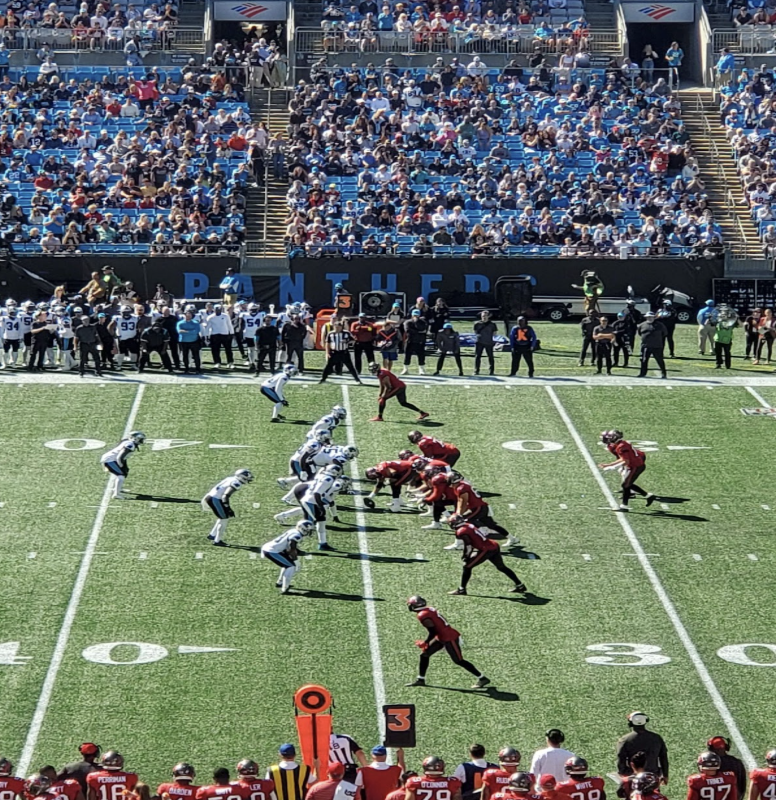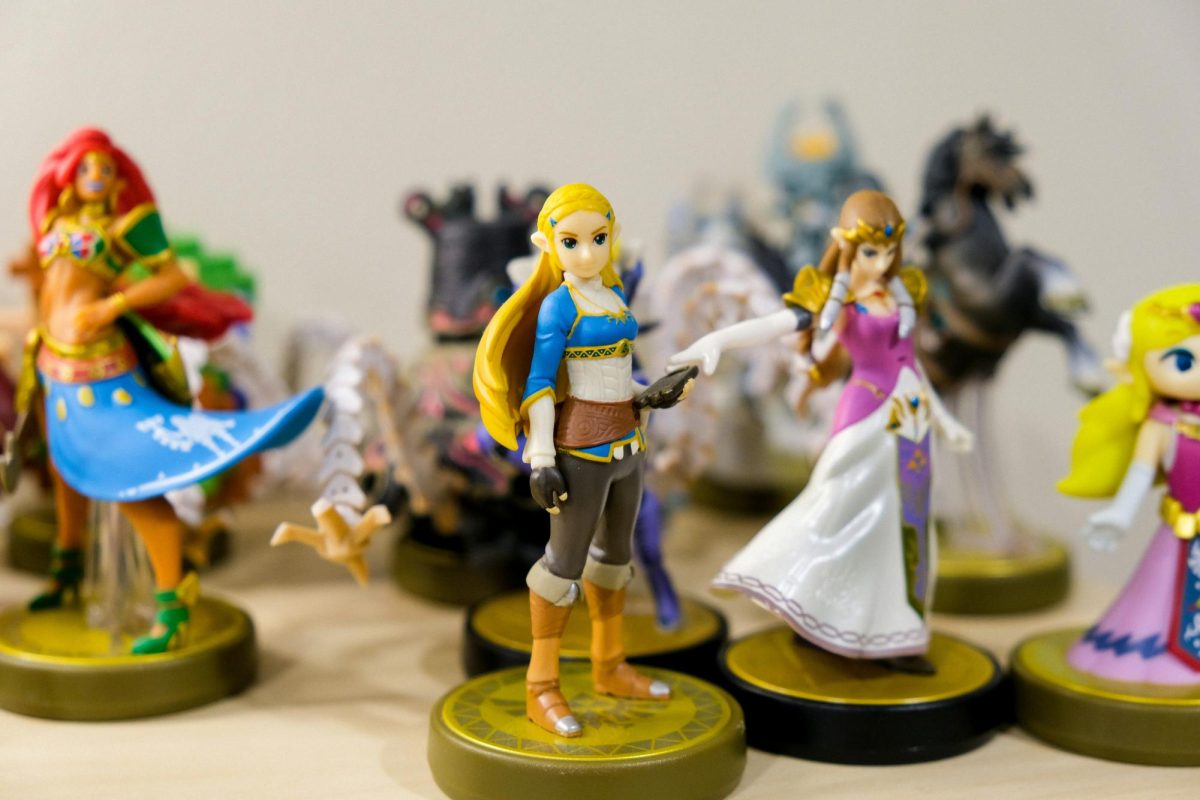At first it starts out slow. You decide to cut out sugar because your favorite influencer said that it’s inflammatory. Then, you cut carbs out because apparently they’re bad too. Next, you begin skipping meals and start calling it “intermittent fasting.” You restrict your food intake and label it as a calorie deficit… just because you’re just concerned about your health, is all.
Suddenly, you find yourself constantly going through cycles of restriction, obsession and control— but that’s just dedication to wellness, right? At least that’s what the internet tells you.
Diet culture hasn’t disappeared, it’s become sneakier. In the past, it was blatant– meal replacement shakes and weight loss challenges to shed ten pounds in a week were considered normal. These crazy fads may seem outdated, but dieting culture is still thriving today, even if the most popular fad diets claim to not be diets at all but simply “clean eating” or “detoxes.” The line between caring about one’s health and having an eating disorder is blurred, and many don’t even realize that they’ve crossed it.

No one dares to admit they’re dieting anymore. They instead claim that they have changed their lifestyle or are just eating healthy. However, the numbers tell a different story. The dieting industry is projected to reach 590.13 billion by 2033, nearly double the 297.44 billion that the weight loss industry amassed in 2024.
The fear of weight gain is especially prevalent in the fitness community, which has become a breeding ground for food fixation. Obsessing over macros, protein, extensive meal prepping and the gym can be other forms of disordered eating. So called healthy swaps, like putting yogurt on a rice cake and calling it a low-calorie version of Crumbl Cookies, reflect this restrictive mindset.
Men are affected by diet culture and body dysmorphia as well. This seems like common sense, but controlling behaviors and rigid rules are often unquestioned when it comes to men or are simply labeled as discipline. Yet, men account for 25% of eating disorders diagnoses. Harmful habits like tracking calories and “grinding” seven days a week are praised rather than questioned, motivating men to potentially spiral into eating disorders such as orthorexia– an obsession with healthy eating– and suffer in silence.
A study conducted by the National Library of Medicine demonstrated that more than half (57%) of diet related videos online portrayed body checking, which is the act of intentionally showing off one’s body on camera to observe one’s physical condition. These body checks are often paired with “what I eat in a day” videos. This kind of content reinforces the belief that food should be used to manipulate weight rather than as a source of fuel. While a balanced diet is important, an overabundance of healthy eating messages online can lead to a hyperfixation on food and nutrition and add to food guilt.
In recent years, diet culture has rebranded itself. It has separated itself from obvious buzzwords yet continues to encourage thinness and restricting behind a facade of wellness. It continues to corrode self esteem and tap into insecurities under a different name, generating billions annually.
The language may have changed, but underneath it lies the same anxiety and shame-based thinking that fuels traditional eating disorders. Many have taken the experience of eating and put it into categories of “good” or “bad,” infusing food with meaning that doesn’t reach past its nutritional value.
The truth is, however, there is no inherently “good” or “bad” food. When a wellness routine feels more like a cage than self care, it may be time to re-evaluate the definition of wellness. While the weight loss industry has cleverly adapted to current trends, there’s no need to fall victim to it anymore–because obsessing over health isn’t healthy. True wellness is about working to gain confidence and stay in good health, rather than punishing oneself and calling it “self-improvement.”














































































